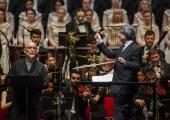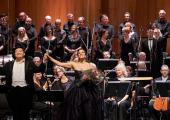Childhood is an inimitable experience – the laws of the world are less certain, imagination and reality meld together, and no event feels fixed. A Sicilian Ghost Story recreates this sensation in the context of real world trauma, producing a unique and sometimes unsettling cinematic experience.
Luna (Julia Jedlikowska, pictured below) is a rather typical 12-year-old girl: precocious, imaginative, and very much infatuated with her classmate Giuseppe. Although they don’t have the same interests, they share something deeper, a comfort and belonging in each other’s company. On the walk home from school, the two dance around their attraction, Luna carrying a love letter for Giuseppe but denying it’s really for him. They’re chased by a dog, share a scooter ride, and he demonstrates his show horse; it’s a perfect day that ends in a kiss. Then, as if by magic, Giuseppe is gone.
Days and weeks pass, and no-one but Luna seems to care that Giuseppe’s not in school. At his house, no-one answers the door; his stone-faced mother stares hauntingly from the window. The adults of the village refuse to answer Luna’s questioning. Always prone to daydreaming, her imagination starts to run wild as she follows his ghost through the puzzle-like woods and deep lakes.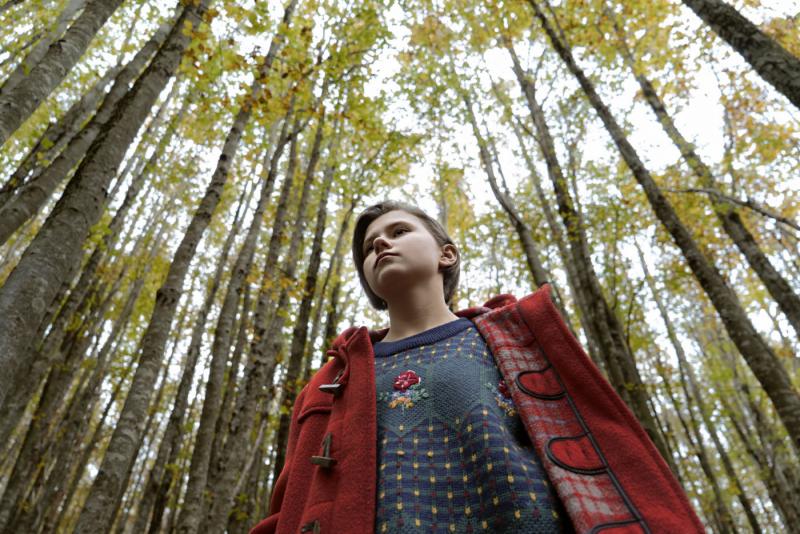 Sicilian Ghost Story is dedicated to Giuseppe Di Matteo, an 11-year-old boy kidnapped by the Mafia after his father turned informant. Rather than a straight adaptation of this tragic story, writer/directors Fabio Grassadonia and Antonio Piazza bring a dark, fairytale quality to the film. Luna’s imagination becomes both her guide and her sanctuary as she tries to come to terms with the grim reality, hinting at a deeper, supernatural connection between the two.
Sicilian Ghost Story is dedicated to Giuseppe Di Matteo, an 11-year-old boy kidnapped by the Mafia after his father turned informant. Rather than a straight adaptation of this tragic story, writer/directors Fabio Grassadonia and Antonio Piazza bring a dark, fairytale quality to the film. Luna’s imagination becomes both her guide and her sanctuary as she tries to come to terms with the grim reality, hinting at a deeper, supernatural connection between the two.
It’s an unusual watch: memories are revisited with different outcomes, dream sequences are often presented as reality, and the internal logic is stretched to breaking point. It is, really, how we remember our childhood – we can recollect the feelings, but not always separate the fact from fiction. This makes for a film that is a pleasure to experience but sometimes frustrating to follow.
The cinematography and sound design create a woozy, hallucinogenic experience
It bares a passing resemblance to recent British indie release Pin Cushion. Both have a young female lead inclined to fantasy, but where Pin Cushion is quirky, Sicilian Ghost Story is something more elemental. The characters are at once dwarfed by and connected with the spectacular landscapes of Sicily. Animals are a constant, and countryside literally hisses and rattles around the humans. It’s at times pagan-like: there’s a deeper spiritual connection with nature that lasts longer than the temporary, evil actions of man.
Visually, the film is stunning. The cinematography and sound design create a woozy, hallucinogenic experience. A variety of wide lenses and low angles add a surrealness to Luna’s journey, drawing a clear line between her world and the standard shots deployed for adults. As the camera focuses on her determined vulnerability, there’s an element of Millie Bobby Brown in Julia Jedlikowska’s performance, only emphasised when her head is shaven. It is a complicated and heavy film to lead, and she does so with ease.
While Sicilian Ghost Story offers some interesting narrative devices, powerful visuals and strong performances, it’s too tonally confused to be considered a complete success. It creaks when toeing the line between fantasy and reality, never quite committing to either to the detriment of both. At times, it feels like Pan’s Labyrinth without the visual effects, or Twin Peaks without embracing the surreal – tons of potential, almost realised.
@OwenRichards91
Overleaf: watch the trailer for Sicilian Ghost Story
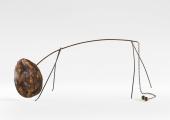

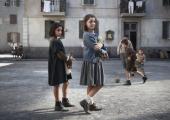

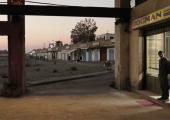
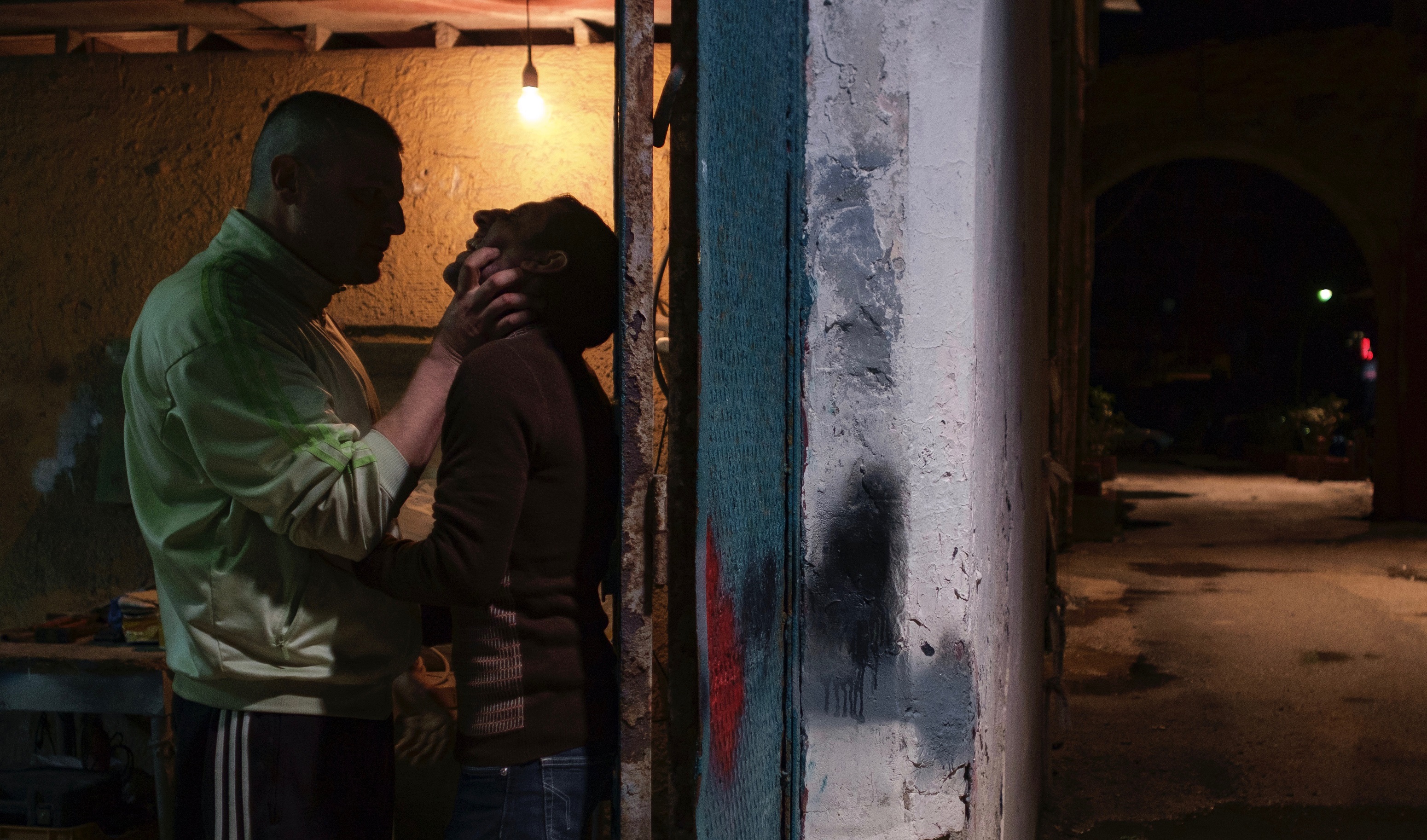 Marcello’s not making quite enough euros clipping claws and fluffing fur to take Alida on her dream holiday so he also sells cocaine on the side. It’s the dealing that traps him in the terrifying orbit of Simoncino (Edoardo Pesce, pictured above), a psychotic former boxer who thinks nothing of pulverising a fruit machine and then demanding his money back from the arcade owner. All the local mafioso agree that Simoncino is a problem but no-one wants to take him on. Marcello tries to appease him, like a dog trying to ingratiate himself with an abusive master. He not only gets suckered into Simone’s coke-fuelled burglaries but does jail time for him.
Marcello’s not making quite enough euros clipping claws and fluffing fur to take Alida on her dream holiday so he also sells cocaine on the side. It’s the dealing that traps him in the terrifying orbit of Simoncino (Edoardo Pesce, pictured above), a psychotic former boxer who thinks nothing of pulverising a fruit machine and then demanding his money back from the arcade owner. All the local mafioso agree that Simoncino is a problem but no-one wants to take him on. Marcello tries to appease him, like a dog trying to ingratiate himself with an abusive master. He not only gets suckered into Simone’s coke-fuelled burglaries but does jail time for him. 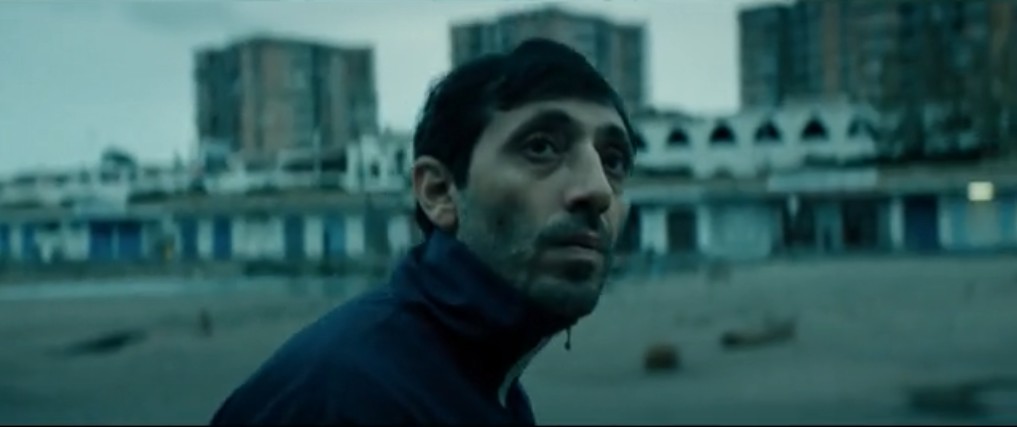 Garrone is a master of hyperrealism and bone-crunching violence. The action is set in the emptied piazzas and back alleys of a disintegrating southern Italian seaside resort. A lot of scenes take place at night in the murk of sodium lights; when there are daytime scenes, they are shot in desaturated colour. It’s not a pretty world, unless you’re a poodle having your fuzzy topknot sprayed for a dog show. First time actor Marcello Fonte (pictured above) is a great discovery, it’s as if Buster Keaton and Steve Buscemi had a son together and left him to grow up with bad teeth and a crooked nose. His journey from endearing stooge to avenging desperado is slow and graphic. Simoncino is a horror movie monster who seems destined to keep coming back, no matter the blows. There are no happy endings.
Garrone is a master of hyperrealism and bone-crunching violence. The action is set in the emptied piazzas and back alleys of a disintegrating southern Italian seaside resort. A lot of scenes take place at night in the murk of sodium lights; when there are daytime scenes, they are shot in desaturated colour. It’s not a pretty world, unless you’re a poodle having your fuzzy topknot sprayed for a dog show. First time actor Marcello Fonte (pictured above) is a great discovery, it’s as if Buster Keaton and Steve Buscemi had a son together and left him to grow up with bad teeth and a crooked nose. His journey from endearing stooge to avenging desperado is slow and graphic. Simoncino is a horror movie monster who seems destined to keep coming back, no matter the blows. There are no happy endings.

 Sicilian Ghost Story is dedicated to Giuseppe Di Matteo, an 11-year-old boy kidnapped by the Mafia after his father turned informant. Rather than a straight adaptation of this tragic story, writer/directors Fabio Grassadonia and Antonio Piazza bring a dark, fairytale quality to the film. Luna’s imagination becomes both her guide and her sanctuary as she tries to come to terms with the grim reality, hinting at a deeper, supernatural connection between the two.
Sicilian Ghost Story is dedicated to Giuseppe Di Matteo, an 11-year-old boy kidnapped by the Mafia after his father turned informant. Rather than a straight adaptation of this tragic story, writer/directors Fabio Grassadonia and Antonio Piazza bring a dark, fairytale quality to the film. Luna’s imagination becomes both her guide and her sanctuary as she tries to come to terms with the grim reality, hinting at a deeper, supernatural connection between the two.